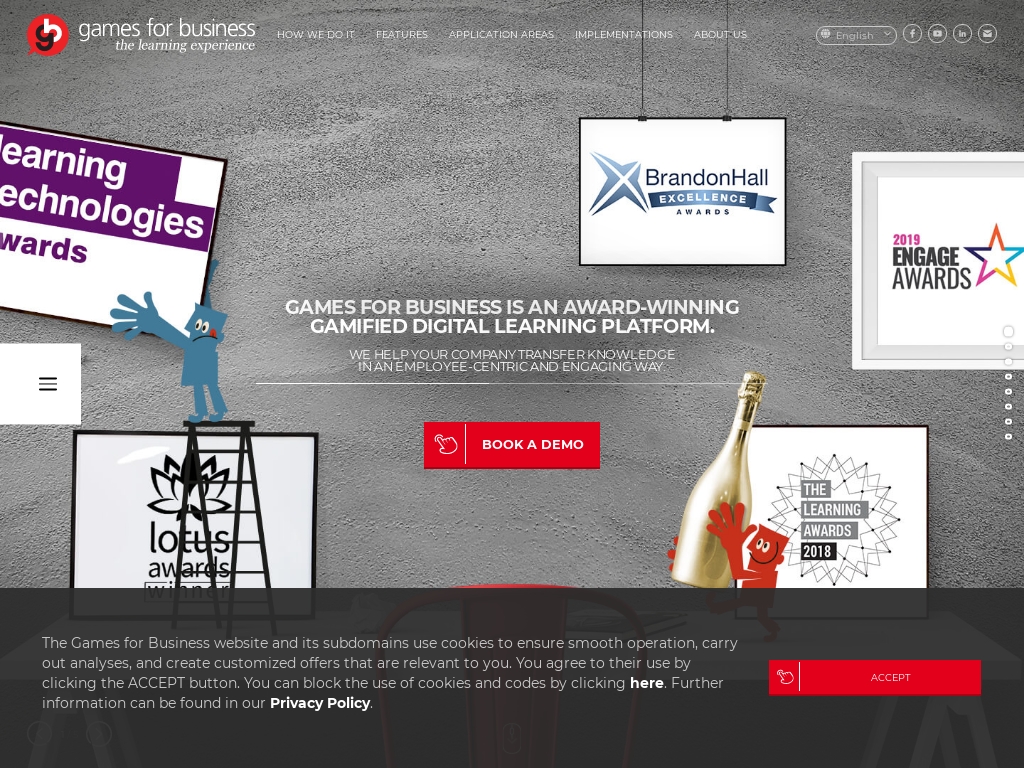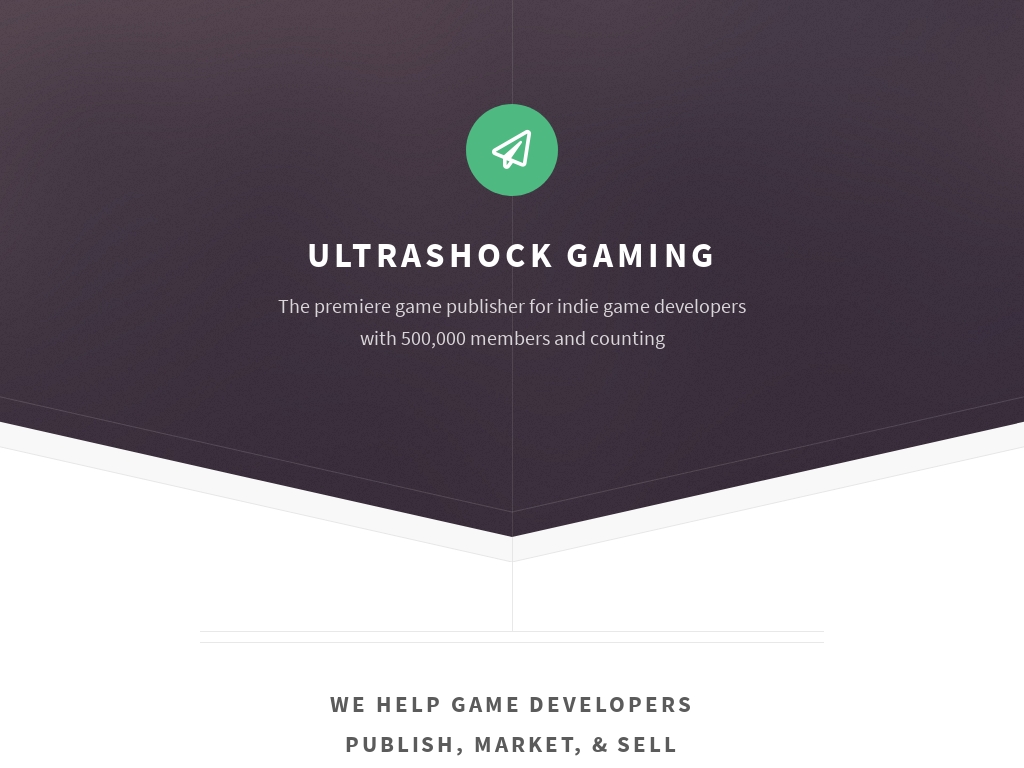
Video Game Business Success Stories [2025]
Starting a video game business can be an enticing venture for anyone passionate about gaming and technology. At its core, this business involves creating and selling video games, which could range from mobile apps or indie games to full-fledged console games.
You’d start by assembling a team of developers, designers, and artists to bring your video game concepts to life. Platforms like Steam, Google Play, and the Apple App Store offer space for indie developers to get noticed. While the upfront work can be challenging—mastering game design, coding, and marketing—it also offers the thrill of turning imaginative ideas into interactive experiences.
The video game industry is one of the fastest-growing sectors, offering ample opportunities for innovation and profit. If you're eager to combine creativity with technology, this might be the perfect terrain for your entrepreneurial journey.
In this list, you'll find real-world video game business success stories and very profitable examples of starting a video game business that makes money.
1. Stonemaier Games ($20.7M/year)
Stonemaier Games, a tabletop game company, was founded by Jamey Stegmaier after witnessing the success of crowdfunding campaigns for tabletop games. Starting with a Kickstarter campaign in 2012 that raised $65,980, the company has since experienced impressive growth, with annual revenue exceeding $18 million in 2020. Stegmaier's passion for game design and entrepreneurship, coupled with careful planning and community engagement, have contributed to the success of Stonemaier Games in the highly competitive gaming industry.
How much money it makes: $20.7M/year
How much did it cost to start: $2.4K
How many people on the team: 4


How one founder turned a successful Kickstarter campaign into a $40 million tabletop game company with a focus on crafting a few special products each year and using social media to build community and relationships with customers.




2. Subscrible ($1.02M/year)
Evgeny Unegovsky, leveraging his extensive background in MarTech and IT, co-founded Subscrible with Igor Diev after noticing his child's frustration with ads in mobile games, leading to their ad-free gaming catalog app that already boasts over 15,000 users.
How much money it makes: $1.02M/year
How much did it cost to start: $50K
How many people on the team: 7

Subscrible is a game catalog app offering ad-free gaming experiences to over 15,000 users, reducing user acquisition costs for game developers by 90% and attracting former Playrix and DevGamm employees to grow partnerships, all while addressing the challenge of declining user in-app purchases in 2024.




3. Games for Business ($480K/year)
In 2016, the founder started Games for Business, a game-based learning platform, after realizing the potential of gamification in the market. With a background in digital marketing and experience in game-based projects, they quickly signed major clients in the HR tech market, leading to international recognition and the eventual acquisition of the company by Austria's largest private education group.
How much money it makes: $480K/year
How much did it cost to start: $150K
How many people on the team: 15


Games for Business created a game-based learning platform for multinational organizations that doubled its revenue in the first three years and was recently acquired after landing deals on three continents.




4. Dilly Dally Games (Mexican Train) ($240K/year)
In 2006, Christian Tuskes was juggling a full-time job as a defense contractor and pursuing a master's degree in Computer Science when he stumbled upon the idea for Dilly Dally Games. While playing Mexican Train Dominoes with friends of his mother-in-law, he realized the game’s potential as an engaging digital project. His aim was to create a project that not only fulfilled his degree requirements but could also be a long-term pursuit.
Christian kicked off the development of Mexican Train Dominoes on Adobe Flash, using tools he already possessed. Initially, he attempted to sell the game via software licenses on eBay, but after limited success, he pivoted to an ad-supported web-based model, which was a game-changer. This initial setback taught him the importance of adapting to market demands and encouraged him to refine his strategies.
During the ideation phase, Christian focused intensely on user interface and experience, aware that translating a physical tabletop game to a screen required significant design adaptation. The process involved compromises, yet he learned not to let the pursuit of perfection stall progress and chose to launch with a functional version that he later realized was essentially an MVP (Minimum Viable Product). This approach underscored a valuable lesson: iteration and adaptability are key to developing a successful product.
How much money it makes: $240K/year
How much did it cost to start: $500
How many people on the team: 0

Dilly Dally Games, run by solopreneur Christian Tuskes, has over 10k daily active users and earns between $16-17k per month from ad revenue due to its unique appeal to a demographic underserved in the gaming industry, as well as its focus on long playing times.




5. UltraShock Gaming ($15K/year)
Hassan, the founder and CEO of UltraShock Gaming, came up with the idea for his indie game marketing firm when he noticed the struggles indie game developers faced in getting their games on large PC platforms like Steam. Inspired by their frustrations, he decided to create a platform to help these developers with marketing, copywriting, and beta testing in exchange for a percentage of profits. With a community of over 500,000 gamers, UltraShock Gaming has generated $15k in revenue per year, with $12k in profit.
How much money it makes: $15K/year
How much did it cost to start: $4K
How many people on the team: 1


Aspiring founders looking to start a profitable business can learn from the story of how Hassan founded UltraShock Gaming, an indie game marketing firm, built up an audience of over 500,000 gamers, and generated $15k in annual revenue (with $12k profit) in just 2 years by offering marketing and advertising services for indie game developers.





Download the report and join our email newsletter packed with business ideas and money-making opportunities, backed by real-life case studies.

Download the report and join our email newsletter packed with business ideas and money-making opportunities, backed by real-life case studies.

Download the report and join our email newsletter packed with business ideas and money-making opportunities, backed by real-life case studies.

Download the report and join our email newsletter packed with business ideas and money-making opportunities, backed by real-life case studies.

Download the report and join our email newsletter packed with business ideas and money-making opportunities, backed by real-life case studies.

Download the report and join our email newsletter packed with business ideas and money-making opportunities, backed by real-life case studies.

Download the report and join our email newsletter packed with business ideas and money-making opportunities, backed by real-life case studies.

Download the report and join our email newsletter packed with business ideas and money-making opportunities, backed by real-life case studies.













